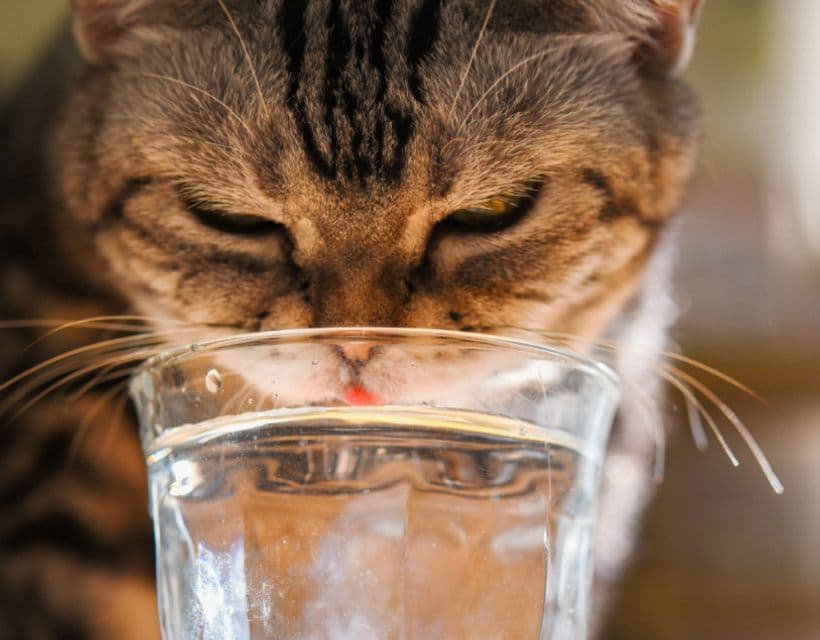
What is Hyperthyroidism in Cats?
Hyperthyroidism is a condition where the thyroid glands produce too much hormone. Most hyperthyroid cats develop this due to a harmless swelling of the thyroid (benign nodular hyperplasia). In a small number of cases, it can be caused by thyroid cancer.
This advice is for UK pets only and is not a replacement for seeing a vet

What are the Symptoms of Hyperthyroidism in Cats
Weight loss and poor body condition; eating more; drinking more; diarrhoea: weakness; hyperactive and more vocal; poor coat condition; faster heartbeat; breathing faster than normal; possible noticeable lump on in the neck under the skin.
When to contact your vet
Contact your vet if you notice any of the symptoms described above or suspect hyperthyroidism.
Diagnosis of Hyperthyroidism in Cats
Diagnosis should be based on history and clinical exam, along with elevated thyroid hormones in the blood. Your vet may also want to do further tests on the blood, urine and blood pressure.
Treatment and Prevention of Hyperthyroidism in Cats
Drug therapy or therapeutic diet: this option helps slow down the overactive thyroid. Medications are convenient but require daily administration and regular check-ups with the vet to monitor the disease.
Surgery (thyroidectomy): involves removing the thyroid glands. It is usually a permanent cure, but there is a risk of damaging the nearby parathyroid glands, which can lead to low calcium levels, requiring calcium treatment.
Radioactive iodine therapy: this treatment destroys the overactive thyroid tissue without surgery. It is curative, non-invasive, and works quickly. However, it can be expensive, less widely available, and requires a short hospital stay in a specialist centre for the pet.
Outlook
The majority of cats with hyperthyroidism can be treated successfully. Some pets have concurrent disease such as heart or kidney disease which can make the condition more difficult to treat and make the outlook poor if the kidneys for example are too compromised. Additionally, if the cat has one of the thyroid glands removed the other one might become overactive after a while and cause the same problem. Rare cases are caused by thyroid cancer and if so, the cat may not respond to the treatment for hyperthyroidism.
